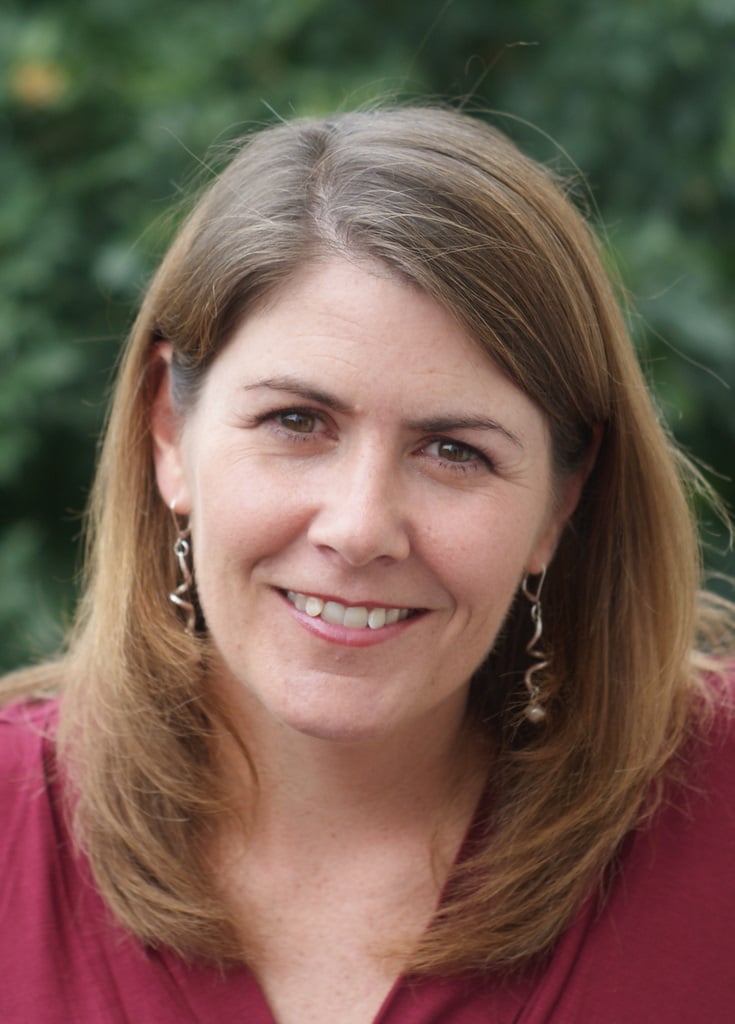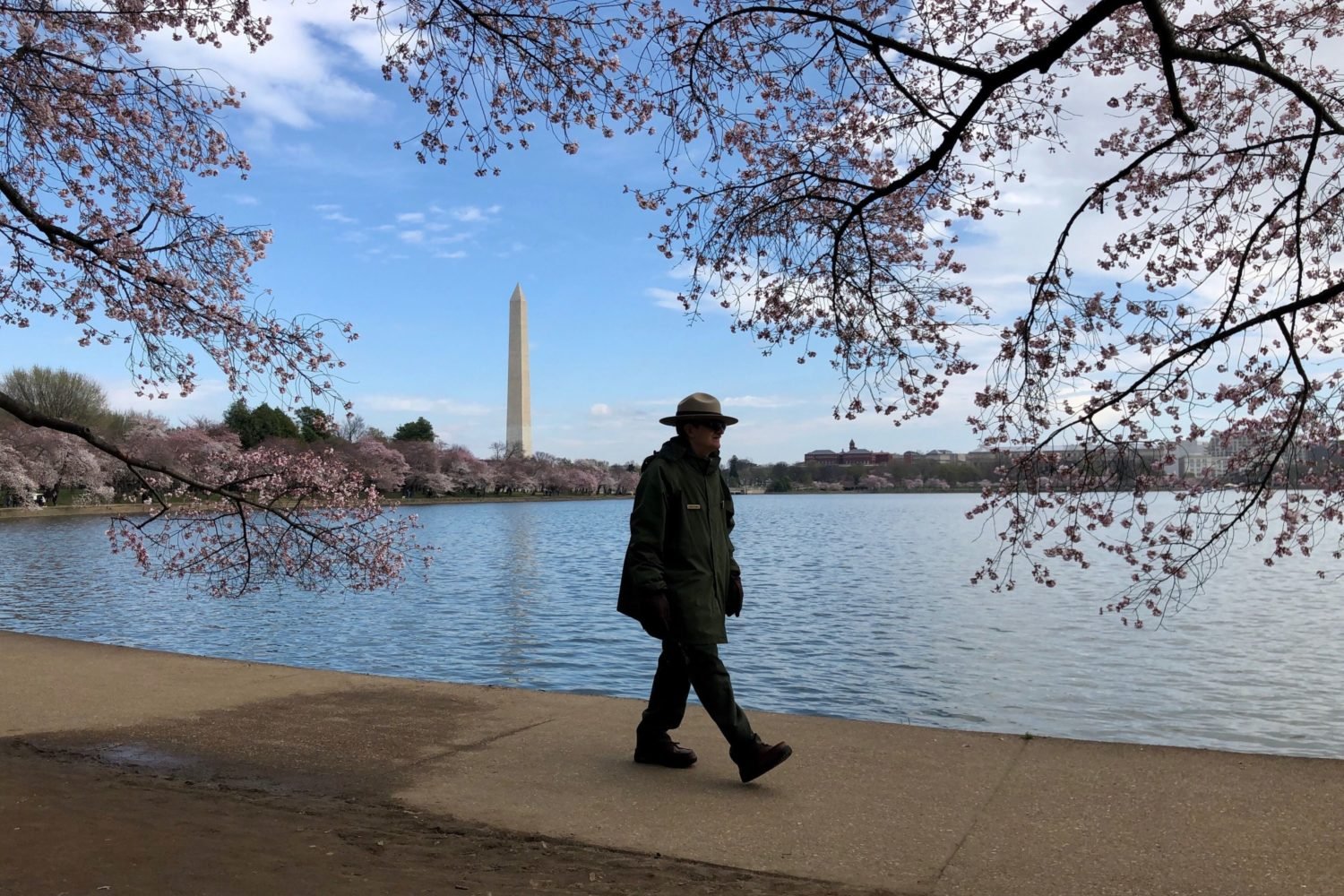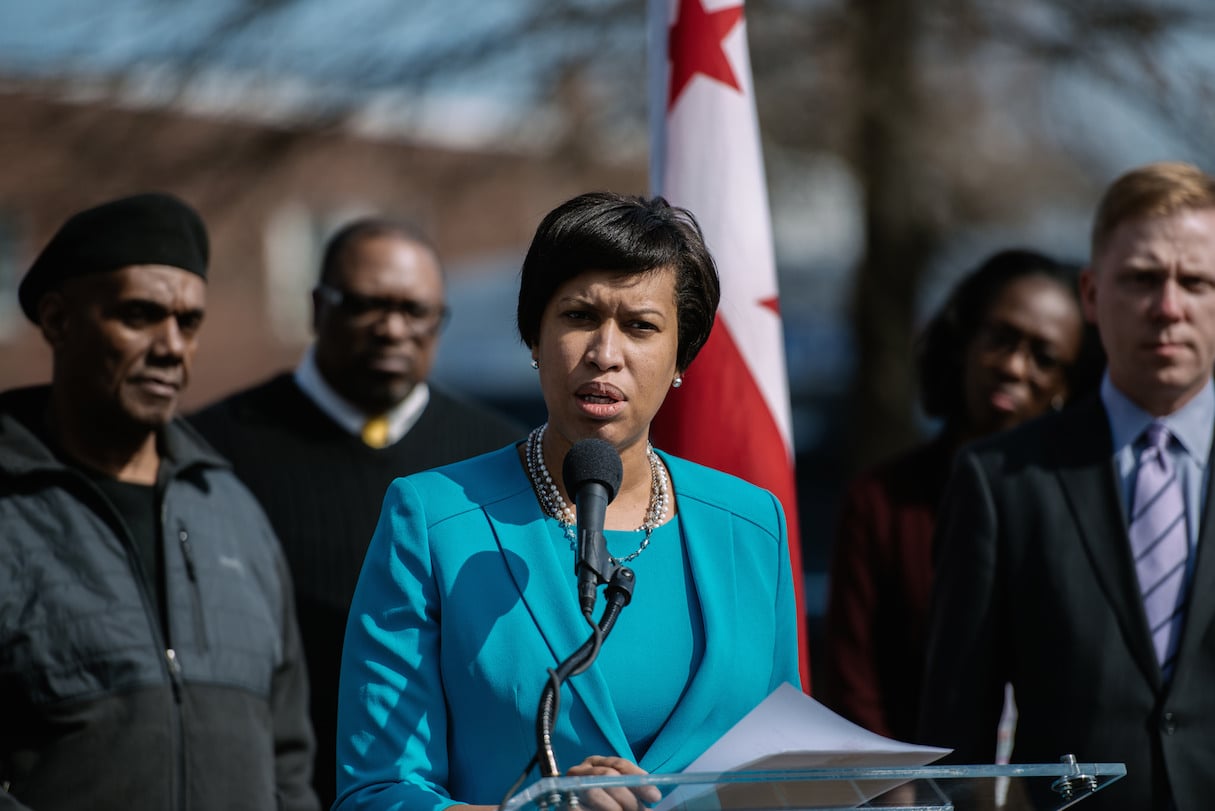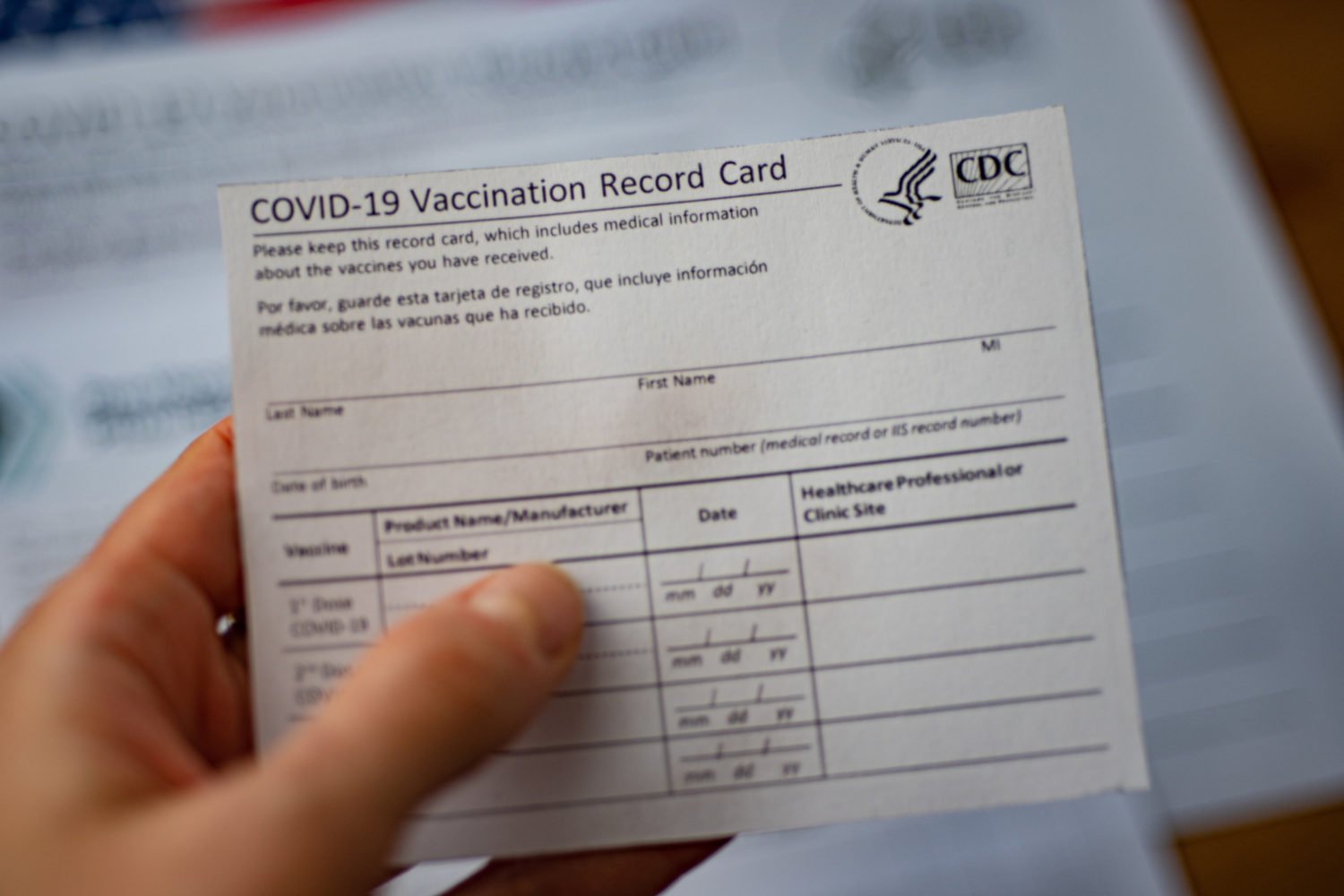About Coronavirus 2020
Washingtonian is keeping you up to date on the coronavirus around DC.
Our neighbors are congregating on our block, around cars and in the bike lane and on the sidewalk. They aren’t social distancing at all. And from what we can tell, they have no purpose to be together other than messing around and socializing. (There was even a drive-by shooting at this location this past week.) Should I call the cops?
Dr. Karen Stohr, PhD, associate professor of philosophy at Georgetown University and senior research scholar at the Kennedy Institute of Ethics at Georgetown University: Among the many challenges of living in a Covid-19 world is the challenge of interpreting social-distancing statutes. If three neighboring families of four stand in their yards talking to each other, does that count as a gathering of more than ten people? If you are standing in your own front yard and someone walking down the sidewalk comes within six feet of you, is one of you breaking the law? I think there’s a lot of confusion about what counts as following social-distancing guidelines, whether we’re talking about actual legal requirements or more general public health recommendations. It’s also hard to know anyone’s purpose in being outside. (What if someone intends to go out for exercise but first spends 20 minutes chatting with the neighbor across the street? Does that violate a stay-at-home order?)
But I’m going to assume that your social-butterfly neighbors are in fact breaking the law where you live, and moreover, that they are doing so knowingly. I’m also going to assume that your neighbors are adults, not kids. The first question you should ask yourself is what you’re aiming to achieve by calling the police on them. Presumably you hope that the police will show up and warn them in such a way that they will cease and desist with their socializing. Do you see this as a way of protecting your own health, protecting the health of your partying neighbors, or protecting the community’s health more generally?
The answer to this question matters. Of course you have the right to protect yourself against people who are illegally putting you or your family at risk. I don’t know how close you live to these neighbors, but if their social activities routinely put them within six feet of your property, or block your path in a way that prevents you from exercising or going on essential errands, then it’s fair to ask them to change their behavior. It’s more neighborly to make the request yourself rather than calling the police, but if that’s not an option and it’s a recurring problem, it might be your only solution.
But what if they aren’t really putting you at risk? Then I think you need to examine your own motives in calling the police. Are you genuinely worried about them? If you are, consider whether calling the police on them is going to improve their well-being. Even if the police are willing to break up a group of neighbors (as opposed to a party drawing people from outside), your neighbors are not likely to see your summoning the authorities as an expression of your deep concern for them. It’s also worth remembering that first responders are put at risk for Covid-19 every time they answer a call, and that it’s possible that they lack adequate personal protective equipment to keep themselves safe.
Perhaps, though, your concern is with the overall health of the community, which requires that everyone engage in social distancing as much as possible. Your neighbors are failing to do their part in this tedious communal effort, and it’s understandable that you are annoyed and frustrated with them. But if that’s the situation, then consider whether your version of Neighborhood Watch is the most productive way for you to deal with it. Many of us are feeling high levels of anxiety right now. We have lost a great deal of control over our daily lives, and it is not easy to feel safe. (The fact that you mention a drive-by shooting suggests that you have legitimate fears.) I suspect that this widespread anxiety makes us more likely to grasp at anything that helps us regain some sense of security. If you can get your neighbors to fall in line, you may feel safer yourself. But in the broader scheme of things, breaking up your neighborhood block party is not likely to do much to reduce the overall threat of Covid-19 to the community as a whole. You might be able to put your energy to better use by working on projects that more effectively reduce the risks of contagion and that protect people vulnerable to the disease and its far-reaching effects. Are your local hospitals, fire stations, or nursing homes collecting masks and gloves? Does your neighborhood have a system for checking on elderly and immune-compromised residents? Can you become engaged in political activism supporting key public health initiatives? Maybe you can even invite your party-happy neighbors to help out, giving them something else to do with their time besides drinking beer on the bike path.



















